Publications
Articles, publications, books, tools and multimedia features from the U.S. Institute of Peace provide the latest news, analysis, research findings, practitioner guides and reports, all related to the conflict zones and issues that are at the center of the Institute’s work to prevent and reduce violent conflict.
Question And Answer
Amid a Changing Global Order, NATO Looks East
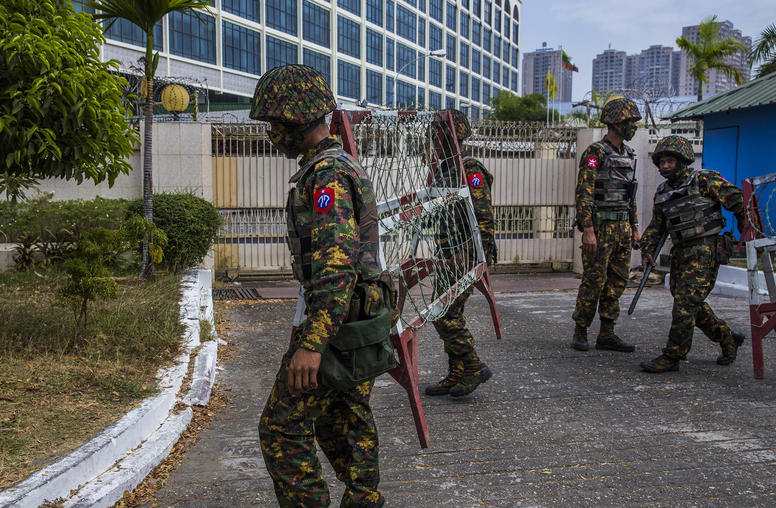
Atrocities in Myanmar: Documenting the Junta’s Attacks on Civilians
Even before the February 2021 coup, Myanmar’s military often deployed systematic violence against civilians, developing a reputation for ruthlessness that dates back decades. Their abuse of ethnic minorities such as the Rohingya have been the subject of countless international human rights investigations, while their nearly unchecked power allowed them to operate with impunity.

Elite Capture and Corruption of Security Sectors
The objective of US security sector assistance is to help build effective, accountable, responsive, transparent, and legitimate security sectors in partner nations to address common security risks. Such action ultimately benefits US national interests, as when the United States modernized West Germany’s military during the Cold War; when US security sector support to South Korea helped the United States deter regional threats; and when, in Ukraine, US security sector assistance contributed to success in fending off Russian aggression in 2022. Similarly, the United States helped Georgia turn its traffic police into one of the most trusted institutions in the country, supported Albania as it updated the governance of its security forces, and assisted Colombia in making progress toward ending its long-standing armed conflict.
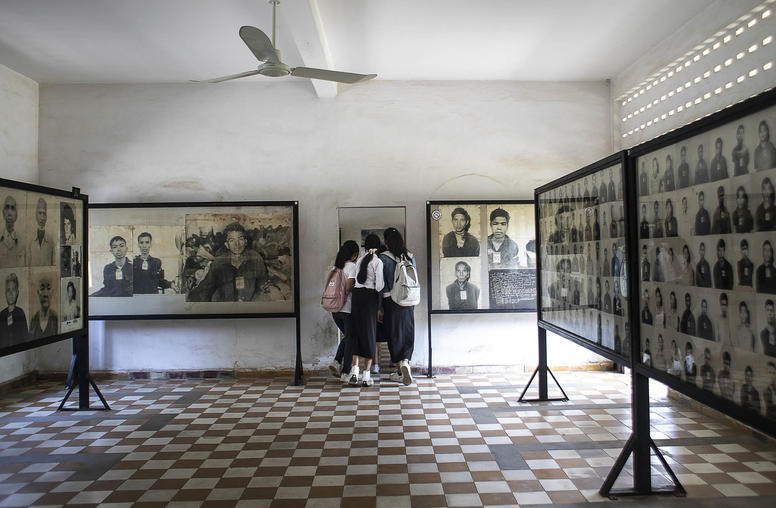
Never Again? The Legacy of Cambodia’s Khmer Rouge Trials
Between 1975 and 1979, the Khmer Rouge regime that ruled over Cambodia committed untold atrocities, with an estimated 1.5 to 2 million people dying of starvation, forced disappearances and extrajudicial killings. In mid-September, over 40 years after its reign of terror, the only formal accountability mechanism to prosecute the Khmer Rouge —the Extraordinary Chambers in the Courts of Cambodia (ECCC) — issued the final decision of its judicial mandate. While the court's legacy is complex, it served an important platform for accountability and reparations for victims. As it moves to a new phase of residual functions over the next three years, the international community should prioritize supporting its work, which is vital to boosting peace and stability and protecting the rights of Cambodians.
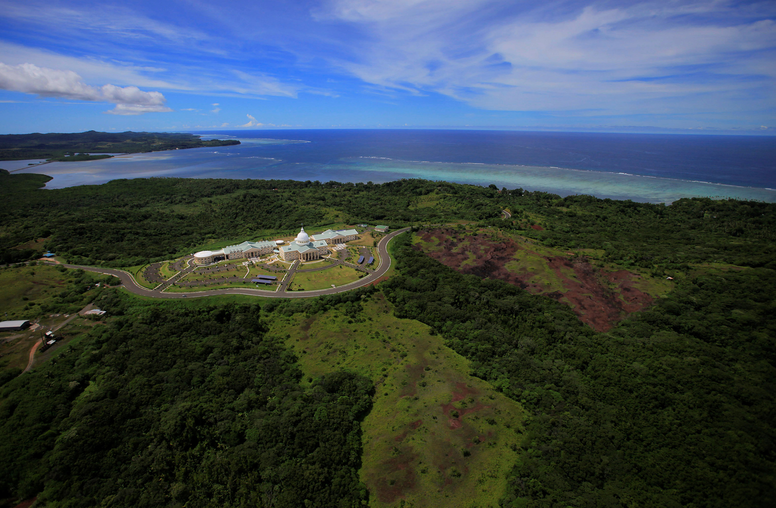
China’s Influence on the Freely Associated States of the Northern Pacific
Around the world, Beijing is investing heavily in diplomatic, security, cultural, and economic ties in a bid to increase its global influence, strengthen its ability to protect and advance its national interests, attract support in multilateral fora and international institutions, and fracture the global consensus on key issues it views as unfavorable to its geopolitical ambitions. The Pacific Islands region—defined as the vast stretch of Pacific Ocean between Asian littoral waters in the west, Guam in the north and Hawaii in the northeast, and Australia and New Zealand in the south and southwest—has been no exception.
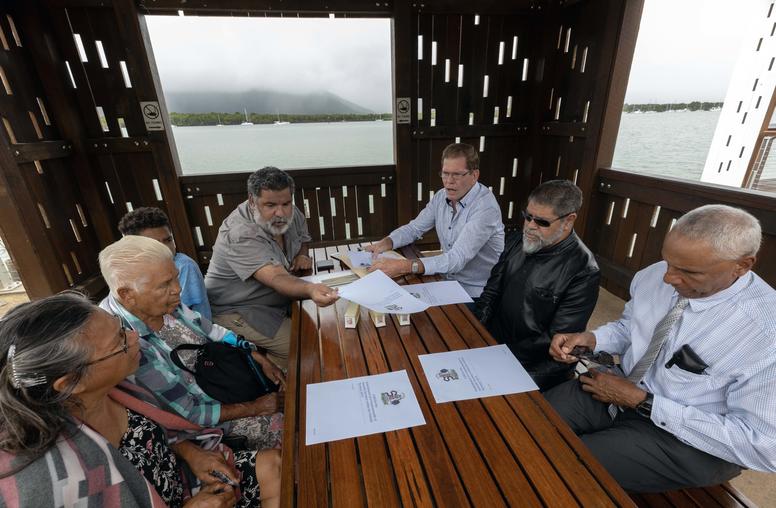
What Is Indigenous Foreign Policy? Lessons from Australia and New Zealand
In early May, the Solomon Islands — the second largest recipient of Australian aid — signed a security agreement with China, raising concerns about the potential for the creation of a Chinese military base a short distance from Australia’s shores. Coming mere weeks before Australian elections, this announcement was widely seen by Australians as a failure of their foreign policy and helped turn national security into a high priority for the elections.
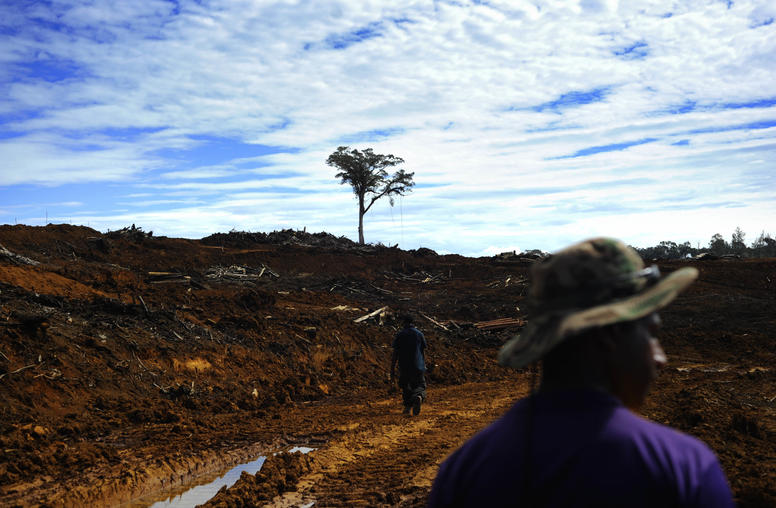
New U.S. Plan is an Opportunity to Deepen Engagement with Papua New Guinea
In terms of geographical size and population, Papua New Guinea (PNG) is by far the biggest country among the Pacific Islands, a region increasingly central to U.S. strategic interests. Along with neighboring Solomon Islands, PNG is at the center of a growing geopolitical contest involving the United States and its allies and China. PNG has also long been wracked by domestic instability, which has depressed equitable economic growth and limited the country’s ability to play its natural role as regional leader and a bridge between the Pacific Islands region and East Asia. Despite PNG’s potential importance, the United States has a light political footprint in the country, particularly when compared to Australia, making PNG’s designation as a focus country under the Global Fragility Action (GFA) an opportunity to dramatically scale up engagement.